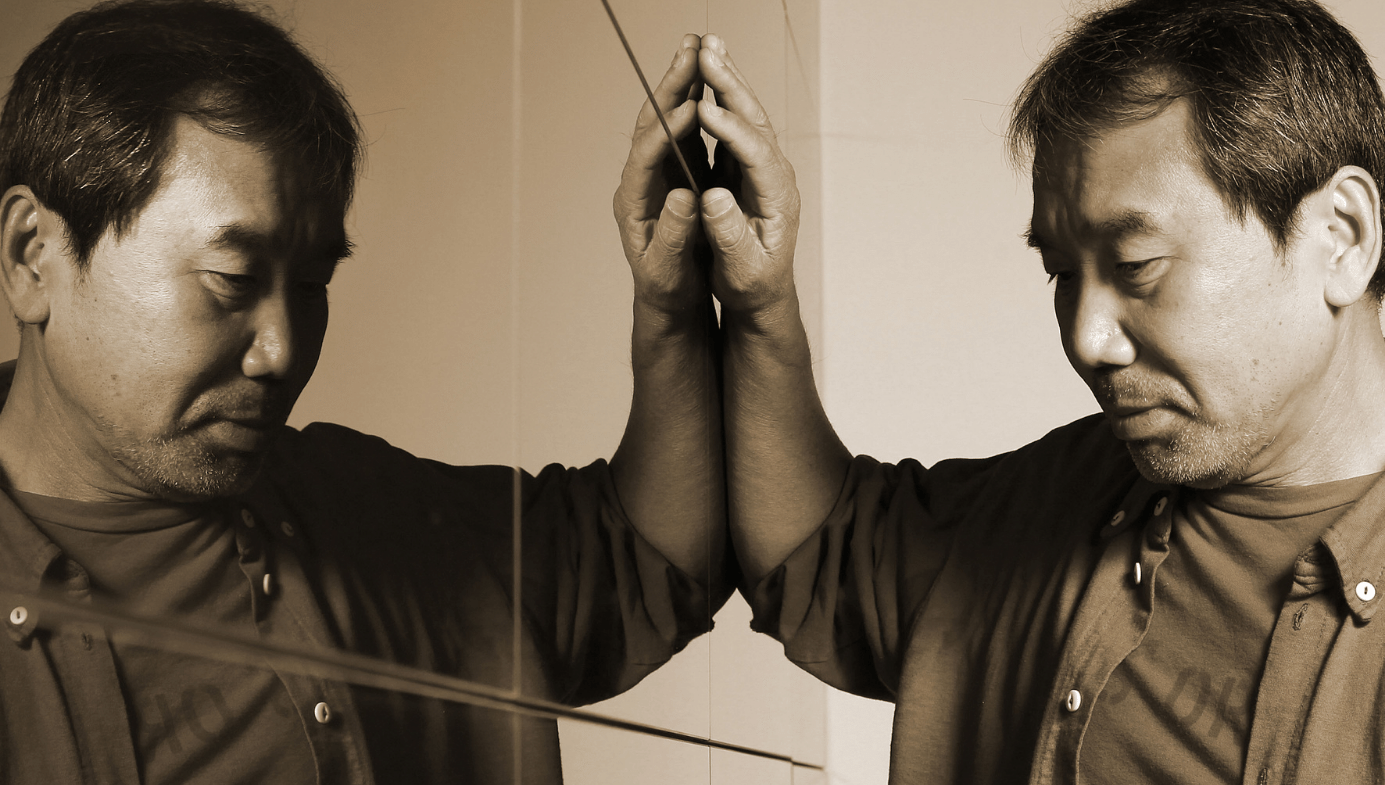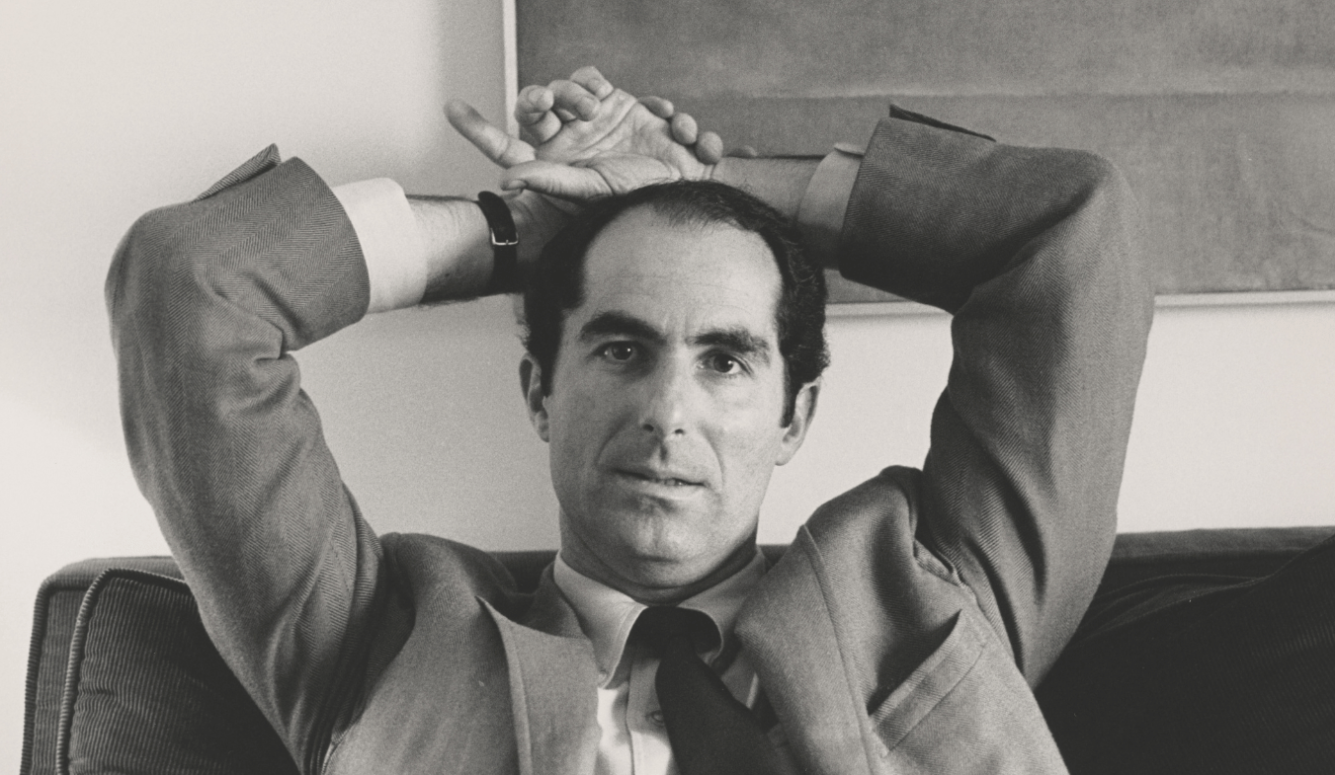writing
Creative Writing in the Age of Trump
The assumption that once drove creative writing—that interior life deserves as much respect and interest as the latest bump in relations at the White House—no longer obtains.

It is hardly a new thought to observe that writing is a lonely affair, a conversation with oneself played out on the keyboard in the hope that others will eventually listen in. There are, however, different kinds of loneliness. Writing journalism, as I have extensively done—be it in the form of interviews, reviews, or reportage—is more in the way of writing to order, and, as such, requires less of the suspension of disbelief that writing fiction demands, less blind hope that there is an audience out there to receive what you have to offer.
In journalism, there is an assignment to be filled, an editor waiting impatiently on the other end to receive it, and your observing self is put in the service of something outside yourself—a book, a film, a celebrity, a public event, a war. Writing of this kind does not require an inner engagement with one’s imaginative capacities so much as an engagement with the ongoing world and an ability to comment articulately on that world, whether in a micro or macro fashion. There has always been this kind of writing—now commonly referred to as “long-form journalism”— and although there are fewer venues than there once were, it is still published by a handful of magazines and, at its best, has a certain heft, a spaciousness of reflection.
With the advent of digital culture and social media, however, this sort of writing has mutated into quick takes—let’s call them punditry—and has been given a fresh impetus by the general speediness with which our culture consumes news. Opinions on everything from who wore what to the Tonys to President Donald Trump’s calling up of the National Guard proliferate on Substack and podcasts, Instagram, and Facebook. There is so much of this form of instant, untested, and reflexive response, by both lesser- and better-known writers, that you can spend half your day wading through it.
How much of this polarised media babble adds to anyone’s understanding of current events is anyone’s guess. Certainly, these pieces are chock-full of ostensible facts, factoids, historical tidbits, and references to earlier perspectives on the situation under discussion. Still, they often—at least to my intractably Luddite way of thinking—seem like reductive sidebars, tossed off by people with big egos and a determination to be in the limelight, rather than an intricate part of what should be a larger, more complex exchange. I might add, just for the record, that they are mostly written by men. And I would also add that in times as culturally fragmented as ours, riven by identity politics and lacking a common sense of history or literature, chasing the limelight is something of a fool’s errand, best achieved by hiring an expensive publicist or time-consumingly building a platform on social media.
What I would like to focus on here is a distinct form of writing, namely, creative writing that draws its inspiration from personal experiences. This is writing that comes from inside out and is openly subjective, calling on external reality as it sees fit, but not subsumed by it. It is the prevailing impulse behind novels, memoirs, poetry, and personal essays, inviting us to share an individual story that might resonate with others.
This kind of first-person writing has often been dismissively characterised as “confessional.” We can see it, say, in the shift in Robert Lowell’s poetry from a magisterial voice to an intimate one that makes use of private documents—including, most controversially, letters from his ex-wife, the writer Elizabeth Hardwick. In Lowell’s wake came a gang of poets—Sylvia Plath, Anne Sexton, John Berryman, W.D. Snodgrass—who dared to construct poems out of material that partakes of messy truths, including stays in mental hospitals, poems that elicit admiration but also unease. The response to these poets, as well as the later response to some of Philip Roth’s more scabrous fiction, always puts me in mind of the German expression, “Es paßt nicht,” which roughly translates as ‘it does not suit [a Jew] to do such things.’

Then there is the contemporary array of fiction and literary non-fiction that asks us to inhabit other people’s lives rather than remain smugly in our own, including Garth Greenwell’s novel Small Rain, Lily Tuck’s novel The Rest is Memory, Hanif Kureishi’s memoir Shattered, and Yiyun Li’s memoir Things in Nature Merely Grow. None of these books so much as mentions Trump, tariffs, or Gaza. I would argue that, for all the casualness this writing sometimes conveys, sounding as it often does as if someone just decided to start talking willy-nilly about his or her life, it is more complicated—and riskier—to do well than most other kinds of writing. For one thing, it requires putting one’s heart as well as one’s mind, on the page. There is no hiding under an official byline or sheltering under the cover of a recognised news or magazine venue. There is you, the writer; somewhere dancing on the edge of the horizon, there are potential readers; and way, way out there is the possibility of publishing. As one writer famously put it, in a phrase variously attributed to Ernest Hemingway or to the great sportswriter Red Smith, “You simply sit down at the typewriter, open your veins, and bleed.”
Melodramatic as this sounds, I think there was truth to it then, and I think there is even more truth to it now, in the Age of Trump, which is an externalised, power-driven, and uninformed time. The assumptions that once drove creative writing—that there was virtue in dissent, that the vulnerable (or “losers,” as Trump calls them) deserved as much attention as the winners, that psychological conflict was something that afflicted all of us and was worthy of examination—that, in short, interior life deserved to be taken up with as much respect and interest as the latest bump in relations at the White House—no longer obtain. It defies belief that, in the 1950s and ’60s, magazines of ideas like the originally left-leaning small-circulation quarterly The Partisan Review still invited vociferous public debate with articles by George Orwell, James Baldwin, Saul Bellow, and Susan Sontag. Or that a critic like Lionel Trilling was not only invited to JFK’s White House but that the President knew who he was, and his wife, Jackie, asked Trilling if he thought The Rainbow was D.H. Lawrence’s best book.
I say it defies belief because no one, except for a tiny cadre, cares anymore about what Diana Trilling, Lionel’s wife, called “the life of significant contention.” What we care about now are all the exigencies of the presented life: taxes, status symbols, AI, the latest iPhone or a brand-new light-blue model of Apple Air; what colleges we can inveigle our children into; and how much Trump’s vindictive mandates will re-shape the nation, and, less nobly, affect us personally. Identity politics have changed subtle examinations of racism, sexism, and colonialism into unnuanced, shrill denouncements in which the party line, although unstated, is more extreme than the party line that dictated J. Edgar Hoover’s pursuit of Communist leanings among American intellectuals in the 1950s. Instead of political analysis we have people holding draconian positions, who demonise positions not their own and construe the people who hold the “wrong” position as fatally flawed.
What, you may ask, has all this to do with creative writing? To which question, I would answer: everything. The centre has to hold, if I may paraphrase the poet William B. Yeats, for there to be counter-views and oddball opinions and impassioned accounts of lives lived outside the box. We always characterise the 1950s as the decade of conformity, but for a long time I have believed that the past decade or two have been ones of even greater cultural conformity, from the clothes we wear to the TV series we watch. To write personally and deeply, you need to believe that there are stirrings beneath the surface, that we don’t live in an entirely flattened culture, as Alana Newhouse argues in her Tablet essay “Everything is Broken.” We need to begin to crawl out from under the debris and chaos that Trump has managed to create in an astonishingly short amount of time and remind ourselves that Elon Musk’s technocratic brilliance is only brilliance of a specific sort, that humanitarian values and cogitation have nothing to do with it. We need to remind ourselves that the savagery of despots should not be allowed to infiltrate our thoughts or dreams. (In this latter regard, there is a fascinating, recently published book by Charlotte Beradt called The Third Reich of Dreams: The Nightmares of a Nation.)

This past term at Barnard College, I taught a course on reading and writing about depression. I assigned books like Sylvia Plath’s The Bell Jar, William Styron’s Darkness Visible, and Elizabeth Wurtzel’s Prozac Nation, which are intensely personal, sometimes annoyingly so, but also took my students to places—places to do with the definition of the self and the construction of society around that self—that they may have bypassed or been too afraid to consider. All the books I’d chosen for the syllabus recognised and occasionally addressed the historical context in which they were written, but they were primarily focused on private experience, which includes the influence of childhood, the price of talent, the burden of depression, and what happens when you engage in self-destructive behaviour or compulsively seek attention because you have been deprived of early nurturance. These issues are not irrelevant. Looking inward and writing about one’s experience is not merely a self-indulgent exercise in navel-gazing. It can help us understand our own maladaptive patterns, which often arise from fear or hatred. It can also help us understand others, whether they are Ukrainians or our next-door neighbours, and come to see that there might be more commonality between us than the pundits of this supernally divisive moment would have us believe.






